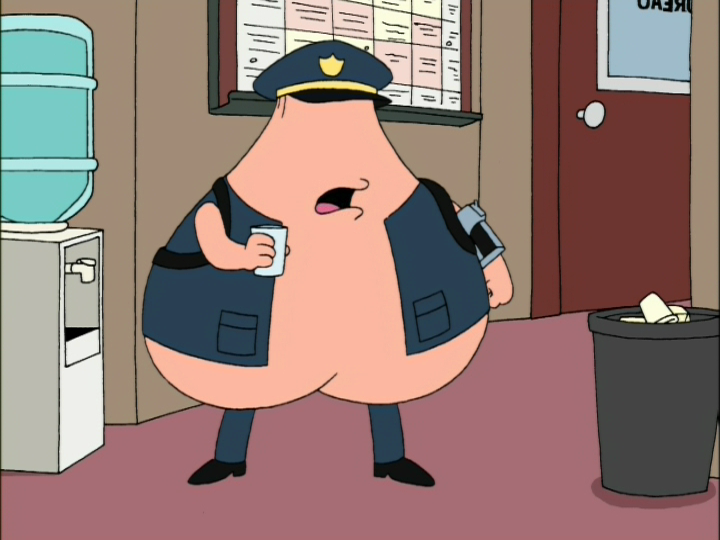Ivan found a nose in his bread. It did not surprise me. “What’s the big deal?” Gregor woke up one morning as a giant cockroach. Clearly, these Eastern European writers, (Gogol and Kafka) don’t value a realistic storyline very heavily. But in a way, that is an advantage. A story that is as ridiculous as “The Nose” presents itself plainly as a metaphor. Gogol’s own admission that the story contains a great deal of simply ludicrous events demands even the less savvy reader to interpret the story symbolically.
On a whole, The Nose left me with a feeling of disgust. The depiction of the society’s treatment of women and lower classes was nauseating. Major Yaklovlevich’s crude methods of courting the opposite sex, particularly those in the lower classes, depicted him as little more than an exp

exploitative animal. In fact, the repulsion I felt for Major Yaklovlevich was so strong, I only felt disappointment when the conflict was resolved and his
nose restored. ns a great deal of simply ludicrous events demands even the less savvy reader to interpret the story symbolically.
Actually, my first impression of reading The Nose was a sense of sincere sympathy for the baker Ivan. Ivan is simply sitting and minding his own business when a nose happens to be in the middle of his bread. This wouldn’t have been such an unfortunate event if it wasn’t for his wife. She seems like an absolutely terrible human being, one who resembles more a burden than a life partner. She has absolutely no loyalty towards her husband. Her knee-jerk reaction is not to help her husband dispose of the nose, but rather threaten to tell the police that he has stolen the nose. Then when Ivan offers to throw it out later, the wife scolds him for being a lazy drunk who is not good at his job. Their marriage seems like the poster-child for abusive relationships.
Despite my empathy for Ivan, Nikolai Gogol’s righting style is awful. The first scene depicted Ivan as the main character and the nose as little more than a prop. Yet, in the middle of a conflict with a police officer on the bridge, Gogol ends the seen saying “Further events here become enshrouded in mist.” The abrupt ending reminded me distinctly of Ayn Rand’s Atlas Shrugged. The famous, or perhaps infamous novel (depending on your view of the world) shares the infuriating characteristic that ending a storyline mid-scene and never returning to the situation makes for suspenseful writing. The sudden ending left me wondering what happens to Gogol and reshaped the way I viewed the first passage. Clearly, my intuition that Ivan was the protagonist was wrong. Gogol’s sudden stop in the storyline was also pretty frustrating. Worse,
Although the beginning of the story did remind me of Kafka’s Metamorphoses, as the story progressed The Nose also began to remind me of George Orwell’s Animal Farm. In both stories there is an abrupt change of power. In Animal Farm the animals stage a revolution and in The Nose, the nose leaves the “Major’s” body. Still, by the end of the story, the status quo resumes and the morality of those in power remains adulterated. Its easy for me to see why the story was banned in the pre-soviet Russia.




 When I saw the title of the play we had to read, I was wondering if it was similar to a
When I saw the title of the play we had to read, I was wondering if it was similar to a 
 An image I’ve had stuck in my mind for quite some time while reading the play was Voldemort from Harry Potter. I can almost imagine the frustration of the noseless man who argued to put an ad up (I apologize for forgetting the name). It bothers me that their personalities are quite different, but that’s the only image of a noseless man I can come up with, even though Voldemort’s nose was more of a flattened one.
An image I’ve had stuck in my mind for quite some time while reading the play was Voldemort from Harry Potter. I can almost imagine the frustration of the noseless man who argued to put an ad up (I apologize for forgetting the name). It bothers me that their personalities are quite different, but that’s the only image of a noseless man I can come up with, even though Voldemort’s nose was more of a flattened one.

















